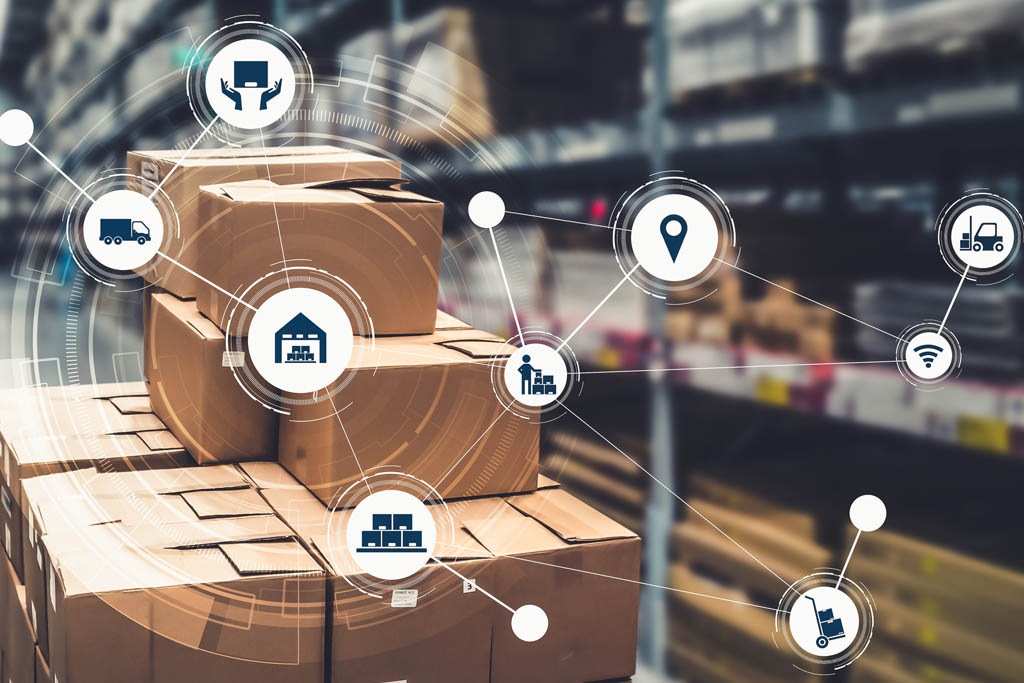Understanding Supply Chain Resilience to Build A Better Business For The Future

Supply chain resiliency describes the ability of companies and communities to manage and adapt to a broad range of risks, including day-to-day operational risks and catastrophic disruptions. Anyone considering a career in business generally, and supply-chain specifically, can learn from forward-thinking leaders advancing supply chain resiliency. This is the first in a two-part series on how businesses respond to supply chain disruptions and change.
Future-Proofing Business
As we have witnessed, global disasters, such as the COVID pandemic, have a major impact on supply chain logistics and labor. A survey by the Institute for Supply Management, reports that 95 percent of businesses have experienced operational problems because of the pandemic.
In other cases, disruptions are internal company matters, such as machine breakdown, product recalls, and management changes.
Riskmethods Inc. categorizes potential risks to current supply chains in the following way:
· Cybersecurity (e.g., poor information security practices, network and software vulnerabilities)
· Financial and company viability (e.g., force majeure, revenue outlook)
· Geopolitical (e.g., civil unrest, tariff hikes)
· Man-made (e.g., fires, explosions)
· Natural disaster (e.g., extreme weather, earthquakes)
· Reputational and compliance (e.g., conflict of interest, sustainable procurement)
Resilient Supply Chain Strategies
Supply chain risks and market disruptions have grown. According to pre-pandemic research, companies experience a disruption every 3.7 years on average. These disruptions take a major financial toll on companies.
The heightened risks mean that creating a resilient supply chain is a top priority across industries. Business leaders state that updating their supply chain strategies will be necessary to become more resilient and competitive in the future market. Organizations must prepare for disruptions by adapting strategies, products, and technologies to endure crises.
Supply chains have many independent links. Agile supply chains use processes and technologies that allow them to anticipate and respond quickly to risks that come along.
Additionally, resilient supply chains incorporate strategic planning to synchronize the connections of the chain.
When it comes to measuring supply chain resilience, businesses of all types are leveraging data. The Brookings Institution calls end-to-end, data-driven, supply chain control a core tenet of resiliency.
In addition to using data, Accenture offers other principles of resilient supply chains:
· Support workers and put people first
· Define segmentation to prioritize demand
· Mobilize planning and execution teams who can respond effectively
· Evaluate various supply chain scenarios
Adapting to Supply Chain Pressures and Realities
Market trends and customer behavior changes have greatly impacted supply chains.
The rise of e-commerce has created demand for fast delivery and personalized shopping experiences. Higher expectations have impacted businesses and logistics. Digital transformation and technological solutions are viewed as ways to make retail supply chains more resilient.
John Carroll University
As a leader in business, you can make a difference in a rapidly changing world. Build your career resiliency through a graduate business program designed to give you a competitive edge in the job market. The Master’s of Business Administration programs at John Carroll University develop leadership skills in strategy, innovation, problem-solving, and decision-making across business disciplines. The Boler College of Business is committed to inspiring leaders who will create value without causing harm. Relevant coursework, including Supply Chain and Operations Management, will equip you with the knowledge to solve real-world problems.
John Carroll is a private Jesuit university located in University Heights, Ohio, near Cleveland.
